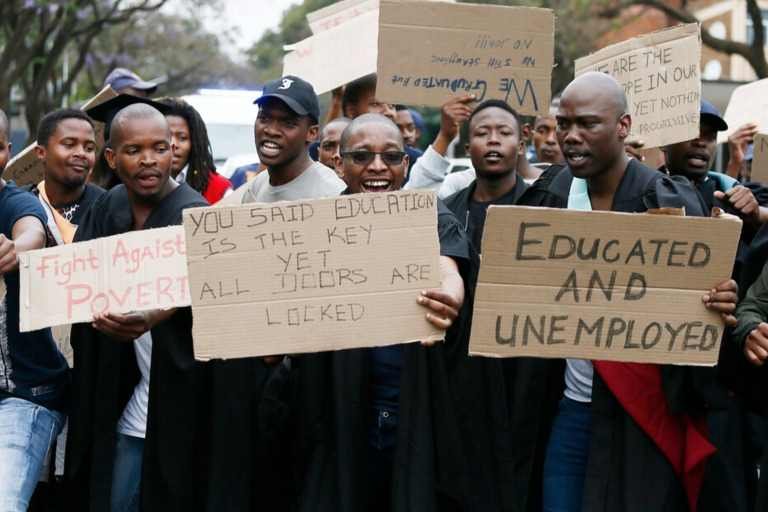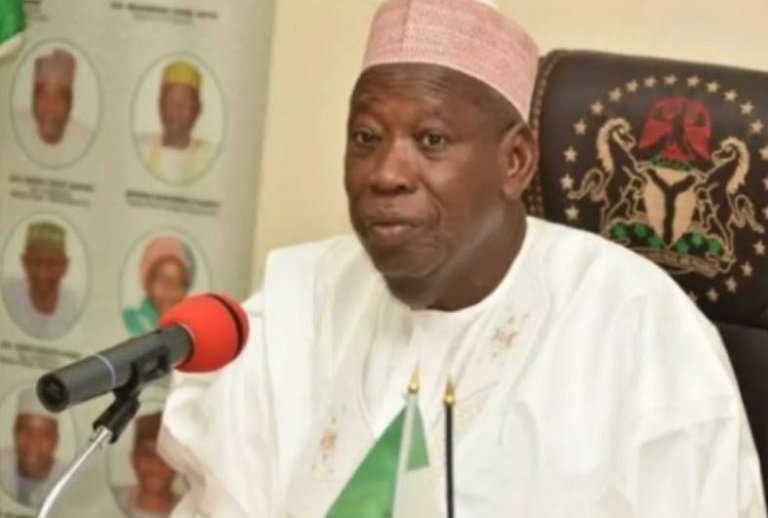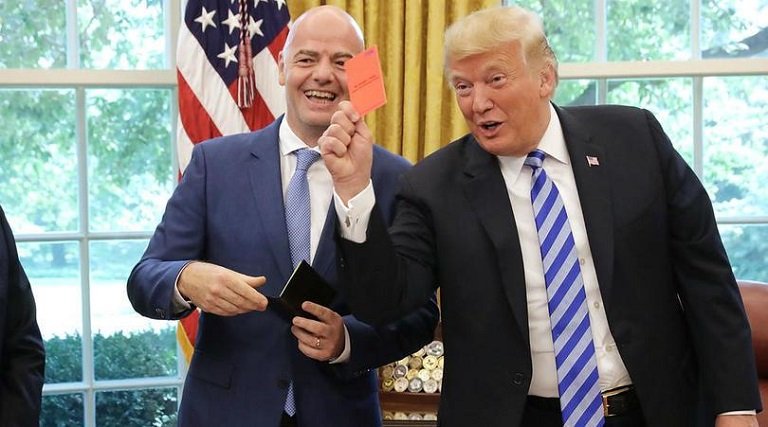Lesotho has declared a national state of disaster due to the country’s “high rates of youth unemployment and job losses” as anxiety over US tariffs strikes the landlocked country.
Lesotho was faced with heavier duties than any other country – 50% – when President Donald Trump imposed them in April, but they have now been halted.
Deputy Prime Minister Nthomeng Majara stated that the state of calamity would be in effect until June 30, 2027.
According to official data, Lesotho’s unemployment rate is 30%, although it is nearly 50% among young people.
The proclamation, in accordance with the country’s Disaster Management Act, authorises the state to, among other things, “take all necessary measures to… minimise the effects of disasters”.
According to an AFP article, the textile-dependent economy was already suffering from high unemployment, particularly among young people, before Trump cut funding and strengthened trade barriers.
Lesotho was one of the most significant beneficiaries of the United States’ African Growth and Opportunity Act (AGOA), which provides some nations with preferential trade access to boost economic growth.
According to the US government, the two countries traded $240 million (£187 million) worth of commodities in 2024, with Lesotho exporting textiles and garments to the US.
However, that ended when Trump placed a 10% tariff on Lesotho, along with other countries, early this year. The additional 50% was suspended.
Trump’s tariff statement attempts to cut his country’s trade deficit with the rest of the world.
According to AFP, the government has warned that if AGOA is not extended by the end of September, it may lose up to 40,000 jobs.
Last month, Lesotho’s trade minister Mokhethi Shelile told South African business news site Moneyweb that US purchasers were “not placing orders because they don’t understand what is going to happen”.
The country was also severely impacted by the discontinuation of US Agency for International Development (USAID) programmes around the world.
Lesotho is one of the nations that benefited from the US President’s Emergency Plan for AIDS Relief (PEPFAR), which was implemented in 2003.











